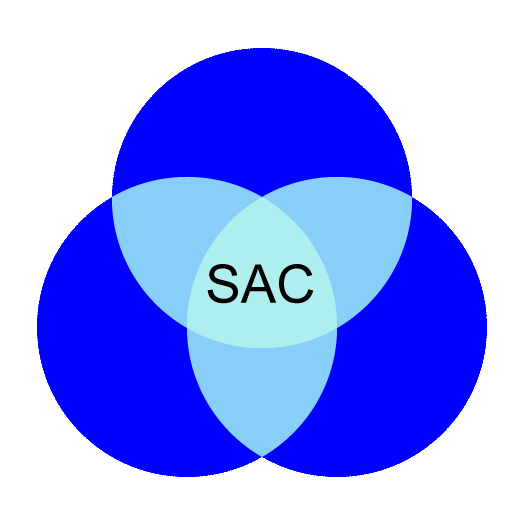
 |
South Atlantic CouncilPromoting communication and understanding
|
Documents on Argentine Politics and the Falklands (Malvinas) Question
A Call to Dialogue between UK and Argentina
|
| This document in Spanish |
Over the past 180 years there has been a dispute between Argentina and the United Kingdom over the sovereignty of the Malvinas/Falkland Islands, which Britain seized from Argentina in 1833. In more recent times, in 1965, the UN General Assembly recognized the existence of this sovereignty dispute through Resolution 2065. This states that Argentina and the UK must find a peaceful solution, taking into account the interests of the inhabitants of the islands, and it calls on both sides to negotiate.
From then on, until 1982, negotiations did take place between the two countries, and various options were discussed, including the possible transfer, a joint administration, and leaseback.
Those negotiations were interrupted by the outbreak of the war in 1982, and they have never been resumed. The war took place when Argentina was ruled by a military dictatorship that persecuted, tortured and disappeared some 30,000 of its citizens. When Argentina lost the war, the military government collapsed, and subsequent democratic governments have unanimously rejected any recourse to war over the islands. Argentina is committed by its Constitution of 1994 to resolve the sovereignty dispute peacefully, respecting the interests of the islands inhabitants.
Since the return of democracy on December 1983, Argentina represents no threat to the UK or to the Malvinas/Falkland Islands. Mainland Argentina is already home to a large community of British people who are well integrated into national affairs. Argentina has consistently reiterated its commitment to dialogue, and the United Nations continues to urge both sides to resume negotiations. Everything suggests that it would be worthwhile for the United Kingdom to re-establish the dialogue that existed before 1982.
Yet the UK government consistently refuses to talk.
The call for dialogue has been supported by the entire international community. All the countries of Latin America, in particular, have opposed what they see as the survival of a colonial enclave in the region, and they argue in favour of the urgent resumption of negotiations.
Meanwhile, the UK continues to undertake unilateral activities in the disputed area of the South Atlantic - the exploration and exploitation of natural resources, renewable and non-renewable - in violation of UN resolutions. This has included the increasing militarization of the area by the United Kingdom, making the Malvinas/Falkland Islands into one of the most militarized areas in the world. Latin America is a region of peace, and British military build-up is a concern to all countries of the region.
In view of the above, we, the undersigned, call upon the UK government to resume the dialogue with Argentina. These two democratic countries possess a long tradition of friendship and mutual cooperation, and this year they are both members of the UN Security Council. We believe that only through dialogue can they show the world their vocation for peace and adherence to international law."
London, 6 February 2013
This document was prepared for, and signed by the participants at a meeting of European Pro-Dialogue groups on the Malvinas Question, held at the Argentine embassy in London, 5-7 February 2013.
Source: Argentine Embassy in London – www.argentine-embassy-uk.org/docs_eng/press/
press_releases/2013/february/08-02-13-10.26.45.html
Note: there is no public record of who signed this document.
|
Copyright: South Atlantic Council, 2014. Any text on this website may be freely used provided that (a) it is for non-commercial purposes, (b) quotations are accurate and (c) the South Atlantic Council and the website address - www.staff.city.ac.uk/p.willetts/SAC/INDEX.HTM - are cited. This website is intended to contribute to the process of promoting communication and understanding. None of the web pages, except the Home Page and the About Us pages, are endorsed by the South Atlantic Council. All views expressed, including those in the SAC Occasional Papers, are those of the individual authors. Similarly, the publication of documents does not imply that any of their contents are endorsed by the Council. Page maintained by Peter Willetts [P dot Willetts at city dot ac dot uk]
Page created 3 March 2014 |